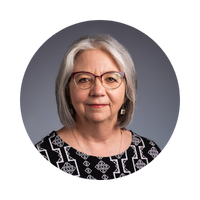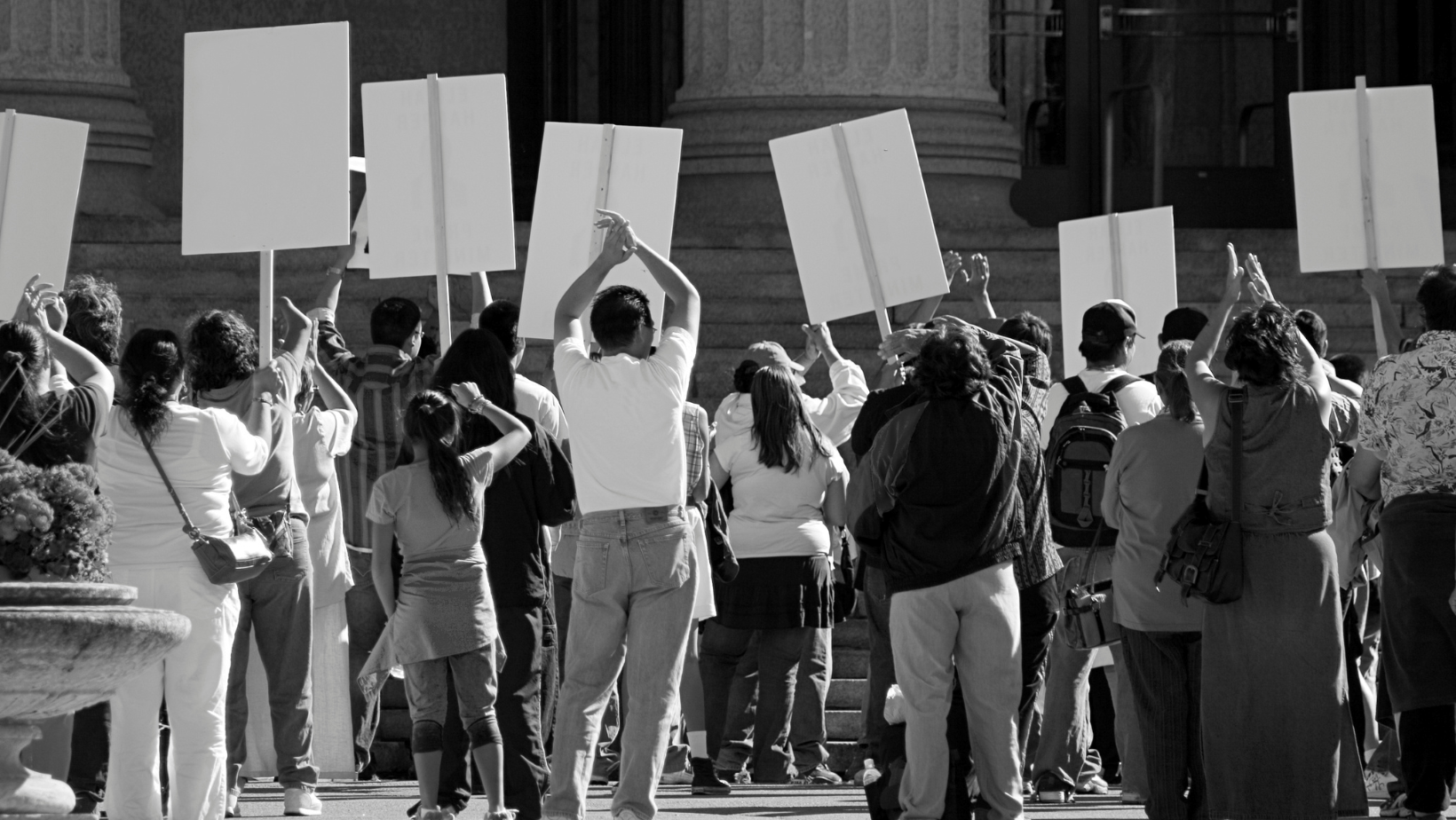Free Speech
Why is the right to free speech so essential in a democracy and such a threat to totalitarianism?
Freedom of speech ensures the freedom to question so without it critical inquiry suffocates. Explore two very different historical experiences – that of the US and of Russia – and engage in critical inquiry about some of the most pressing free speech issues of our day.
You can expect to:
- Research and analyze arguments used to protect freedom of speech and to justify its suppression
- Learn and practice the intellectual skill of critical inquiry, applying what you learn to your and others’ assumptions
- Work in teams to debate contemporary freedom of speech issues
Community Course
RUSS287: The Power of the Word: Free Speech in US and Russia. Through a comparative approach to the US and Russian experiences, we explore the power of language. What is the relationship between free speech, political power and dissent? Is the pen still mightier than the sword, even in the nuclear age? The central focus of the course is the abiding human propensity to ask questions, to use language to pursue critical inquiry. (3 credit course, fulfills General Education requirements of I-Series and Humanities).
Carillon Faculty
 Prof. Cynthia Martin is an Associate Professor of Russian and current Russian Program Head. She joined the University of Maryland community in 1990, and currently teaches a wide range of courses in language, literature and culture. Dr. Martin holds a B.A. in Political Science & Russian Studies (University of New Hampshire) and an M.A. and PhD in Slavic Languages and Literatures (University of Pennsylvania). Dr. Martin is fluent in Russian, lived, studied and worked in Russia for a number of years. She is the author of numerous publications, including language textbooks and hundreds of translations of works by Ilya Kabakov, the father of Moscow Conceptualism. Dr. Martin's research interests include second language acquisition, language proficiency assessment (both theory and practice), Soviet and contemporary Russian society, culture and art.
Prof. Cynthia Martin is an Associate Professor of Russian and current Russian Program Head. She joined the University of Maryland community in 1990, and currently teaches a wide range of courses in language, literature and culture. Dr. Martin holds a B.A. in Political Science & Russian Studies (University of New Hampshire) and an M.A. and PhD in Slavic Languages and Literatures (University of Pennsylvania). Dr. Martin is fluent in Russian, lived, studied and worked in Russia for a number of years. She is the author of numerous publications, including language textbooks and hundreds of translations of works by Ilya Kabakov, the father of Moscow Conceptualism. Dr. Martin's research interests include second language acquisition, language proficiency assessment (both theory and practice), Soviet and contemporary Russian society, culture and art.

